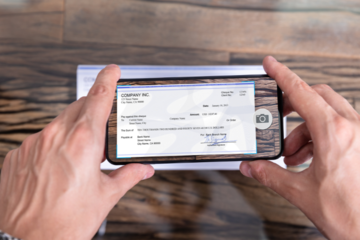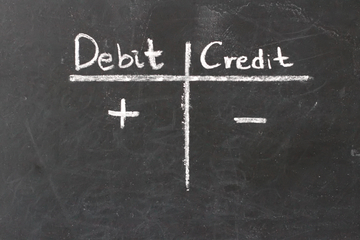If you already have a personal loan and need another, it's logical to think your original lender is a good place to start. However, this may or may not be the case. Every lender has specific underwriting standards and criteria that might dictate how many personal loans you're allowed to have at one time. Let's explore how many personal loans can you have at once.
What Is a Personal Loan?
Whether you're moving, dealing with major vehicle repairs, or looking to consolidate debt, a personal loan may be the most suitable option. A personal loan is a fixed amount of money that is distributed as a single lump sum. These loans are often utilized to pay expenses or existing debt. Consolidating your debt with an unsecured personal loan can simplify your finances, allowing you to make one payment with a single interest rate. And unlike secured loans that require collateral — such as a car or a home — unsecured personal loans offer greater flexibility in how to use the funds. A few key distinct benefits of obtaining a personal loan include:
Can I Have More Than One Personal Loan?
Yes, you can have more than one personal loan. Lenders set their own criteria for how many personal loans one customer can have active at one time. If you already have one personal loan and apply for a new loan, the lender will pull your credit and see all of your outstanding accounts. This may work for or against you, depending on your credit score and income.
Balancing Multiple Personal Loans
If you have multiple personal loans, it's imperative to know how to manage the debt. While making on-time payments is a given, there are several other steps you can take to balance multiple personal loans.
Exploring Different Credit Options Beyond Traditional Personal Loans
If you need funds and have been declined for another personal loan, you may be eligible for a different type of credit or can use other alternatives to personal loans:
Apply for a Personal Loan Through Integra Credit
At Integra Credit, we help people with all types of credit. Whether you need an installment loan, short-term loan, quick loan, or a line of credit, Integra Credit can help. Apply today or contact us with inquiries.
Frequently Asked Questions Regarding Personal Loans
What is the largest personal loan I can get?
The largest personal loan you can get depends on several factors, including your income, credit score, debt-to-income ratio, and the lender's policies. In general, the largest personal loans available can range from several thousand to tens of thousands of dollars, but the exact amount you can get will depend on your financial situation and the lender you choose. It is always recommended to only borrow what you need and what you can afford to repay.
What can a personal loan be used for?
A personal loan can be used for a variety of purposes, including but not limited to consolidating best, home improvements, major purchases, medical expenses, emergency expenses, and personal expenses. It's important to note that while personal loans can be used for a variety of purposes, it's always a good idea to carefully consider the terms and conditions of the loan and make sure you can afford to repay the debt before taking on a loan. Additionally, some lenders may have restrictions on the specific purposes for which a personal loan can be used, so it's important to research and compare different lenders to find the best loan option for you.
Sources
https://www.rocketloans.com/learn/personal-loan-basics/how-many-personal-loans-can-you-have-at-once
https://www.sofi.com/learn/content/how-many-personal-loans-can-you-have/
https://www.nerdwallet.com/article/loans/personal-loans/how-many-personal-loans-can-you-have-at-once
https://www.forbes.com/advisor/personal-loans/pros-and-cons-of-debt-consolidation/



